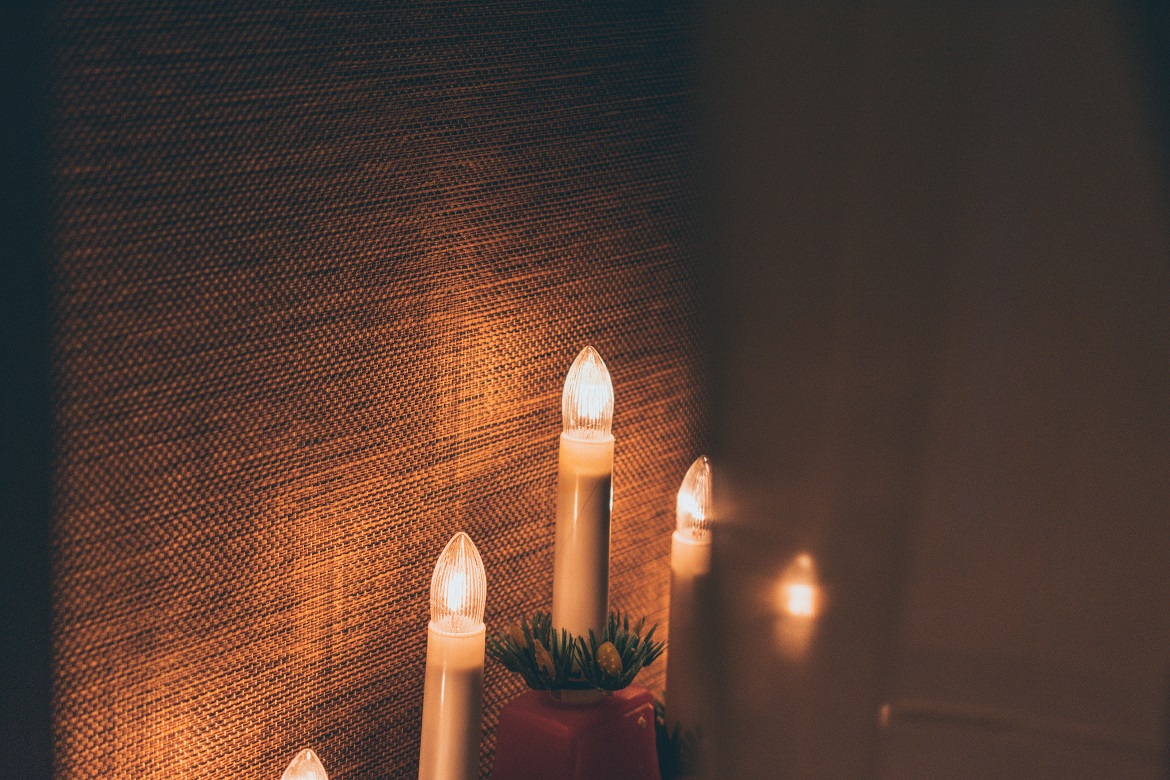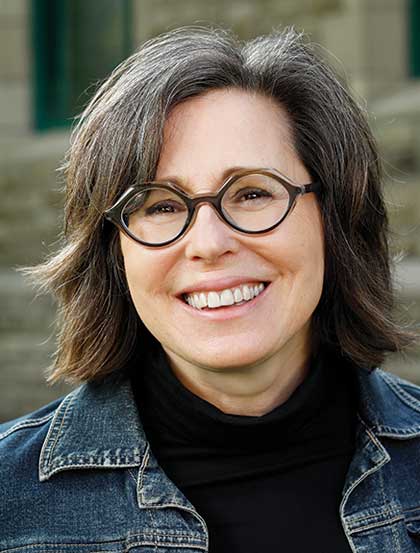We need to also remember the hope that is set before us, and take hold of it with firm, strong hands.
By Karen Stiller, author of The Minister’s Wife
In early September I stood spellbound on a beach in Nova Scotia with my parents and a small bunch of their neighbours. There in the Northumberland Strait, right in front of us, floated the Bluenose, a schooner so famous in Canada it is stamped on our currency. Spend a dime up North and you will hold the Bluenose in your hand.
The big beautiful boat anchored for the night, right off the beach in the “warmest waters north of the Carolinas!” as my mother likes to tell reluctant swimmers.
COVID-19 had forced the boat off its regular schedule and instead it was sailing the coastline, surprising people. We were like a little congregation standing there on the sand, six feet apart of course. Our spirits lifted.
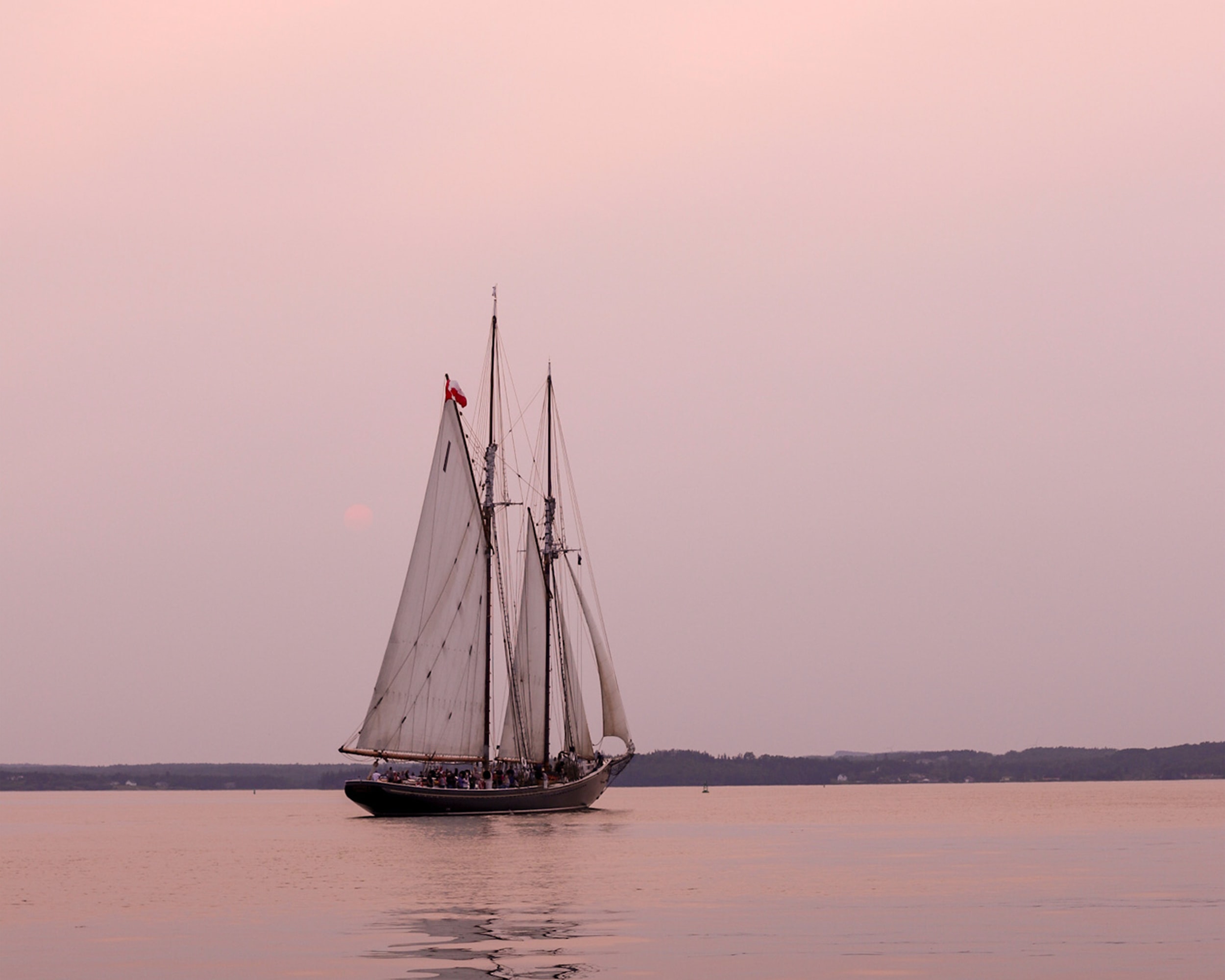
When you leave that beach, you walk through a path lined with lavender. Lavender grows in blazing sun and dry soil, conditions other flowers might eschew. Violets might shrink and swoon, but not lavender. It flourishes where the air is thick with brine and the grass itchy and rough.
I remembered summer’s lavender just this morning as the first snows of the season swirled outside our bedroom window. My husband and I were lying in bed trying to feel good about Christmas. The snow had reminded us of what was gone and what was to come. We spent the first twenty minutes of our day, before coffee even, reaching for hope.
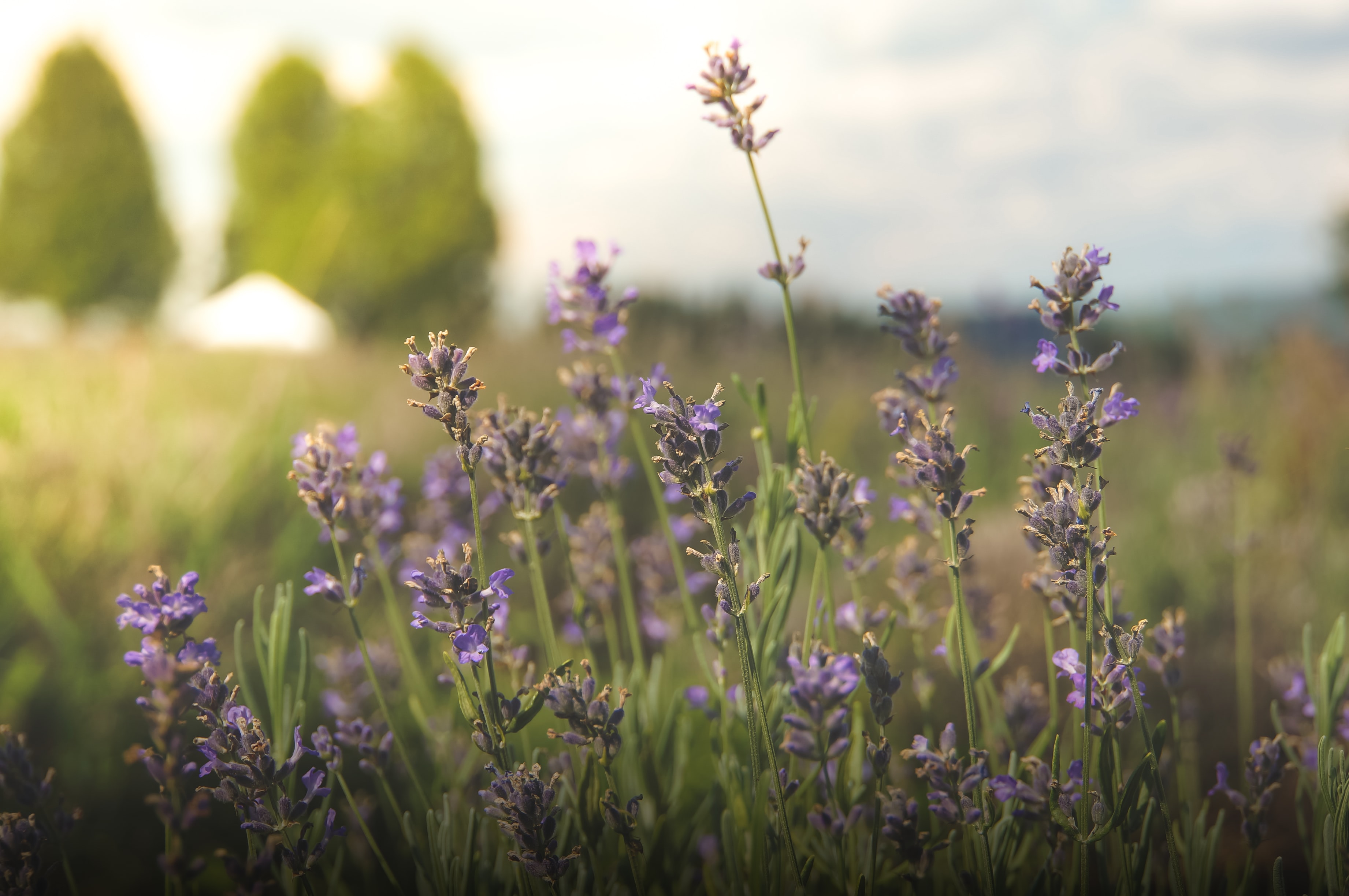
COVID-19, the scrooge and scourge of 2020, feels especially malevolent on Sundays and birthdays, and on the evenings of cancelled concerts when we sit on our couches instead of going out, like we were supposed to. What ever will it do to Christmas?
Hope is like the lavender that grows near my parents’ beach. It shoots up in the hardest of places, and we can kneel right down and see it, if we look. Sometimes we do have to look for hope, and pick it like a flower as soon as we spot it. Here, we can help each other with this work. We can gently nudge the person standing next to us and point forward to what is beautiful and true and unfolding before us, out there on the ocean waves. There is hope.
Hope grows and hope floats and we are all in this mess together.
If there ever was a year—in recent history at least—to stand firmly on hope’s solid ground, it is this year. The Light has come into the darkness. Darkness has fled, and slammed the door on its way out. Our world is weary, but now it can rejoice.
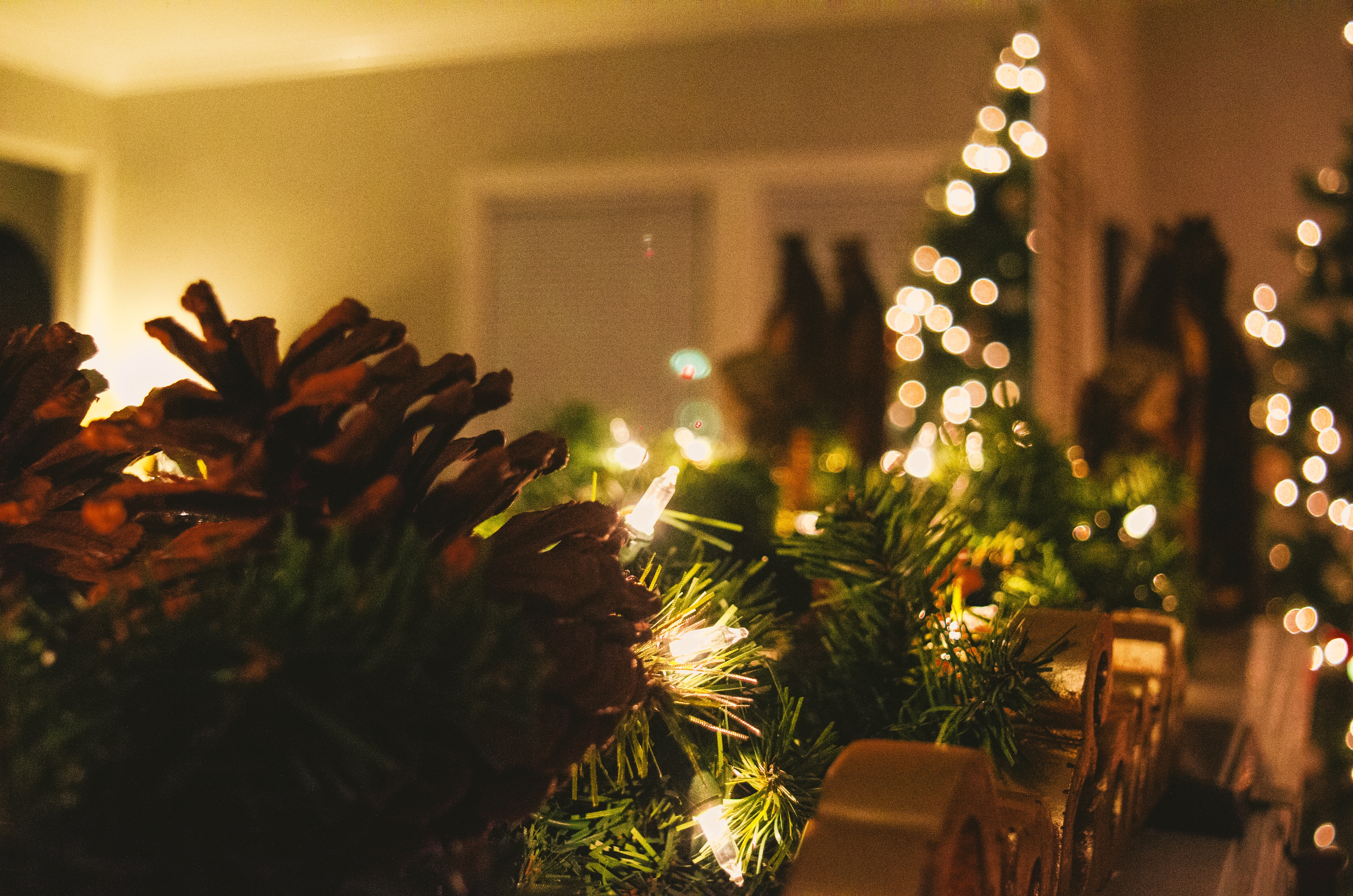
Christmas will look different this year for many of us. We’ve been told repeatedly that less can be more, and this year some of us will finally see if this is true.
Some of our kids might not be able to come home and others will be kept six feet away from us. Grandparents might be out of reach and church halls empty, instead of full of noise and warmth and turkey and guests from the neighbourhood, if your church usually does that kind of thing. It might all be a little bit sad. We can feel that together as well.
We need to also remember the hope that is set before us, and take hold of it with firm, strong hands.
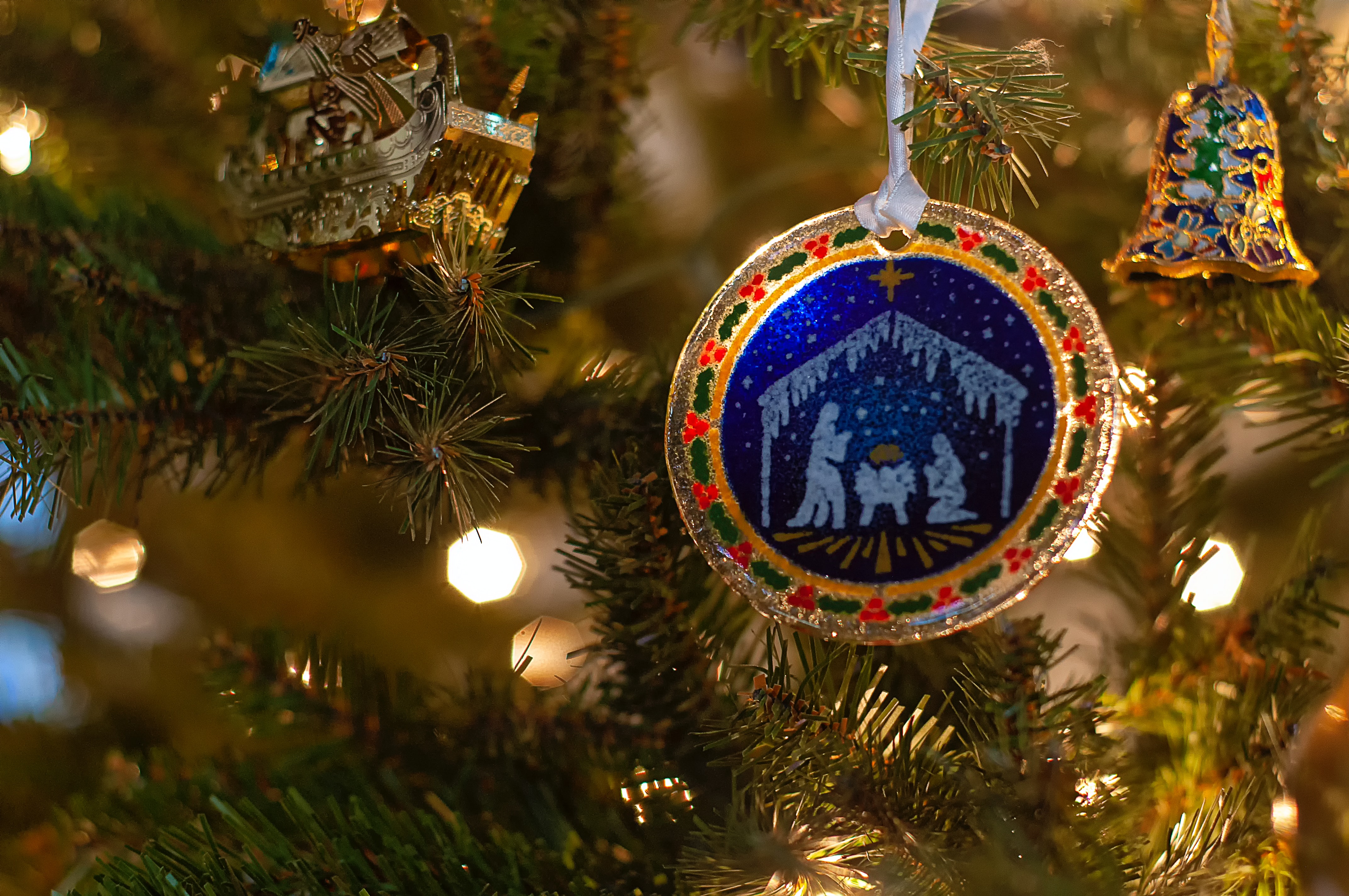
Even if at church we wear masks and COVID-19 restrictions mean we aren’t allowed to sing “Silent Night” so softly, with welling eyes and lit candles, or “Joy to the World” so loudly. If we haven’t missed singing in a big group yet, we will surely miss it on Christmas Eve. But if we can’t sing the words out loud, they are all still true and we can say them in our hearts, where maybe we will find they are engraved.
The radiant beams still do stream from a beloved and holy face. Redeeming grace has dawned. Dear Earth, the Lord has come. Please. Receive your King.
Karen Stiller is a writer with more than twenty years of experience. She serves as a senior editor of the Canadian magazine Faith Today and as a journalist who has shared stories from refugee camps in South Sudan and Uganda, the slums of Senegal, and the countryside of Cambodia. Her work has appeared in Reader’s Digest and The Walrus, among other publications. She moderates the Religion and Society Series at the University of Toronto, a debate between leading atheists and theologians. Karen holds a master of fine arts in creative non-fiction from University of King’s College, Halifax. She lives in Ottawa, Canada.
Karen Stiller’s memoir in essays, The Minister’s Wife, released in May 2020

